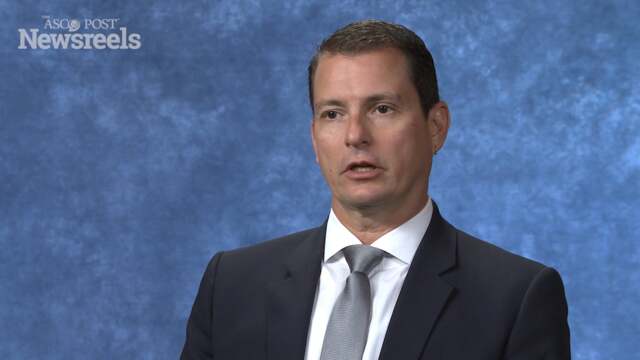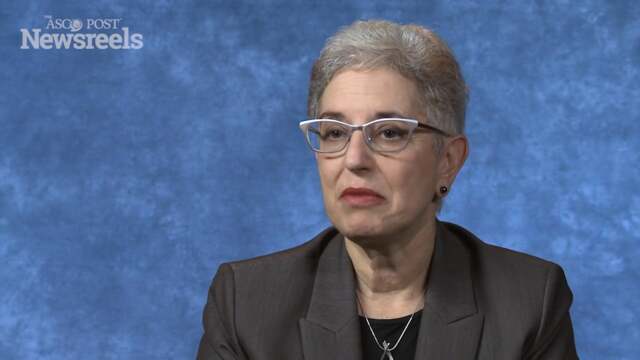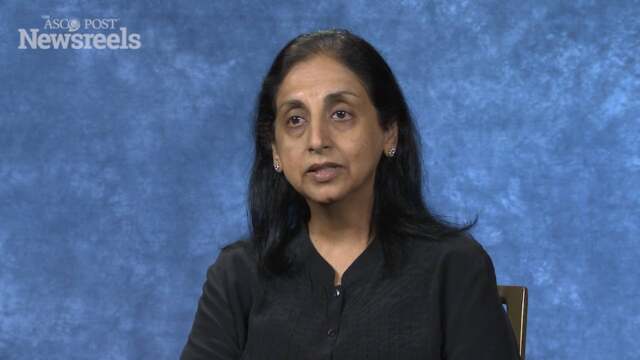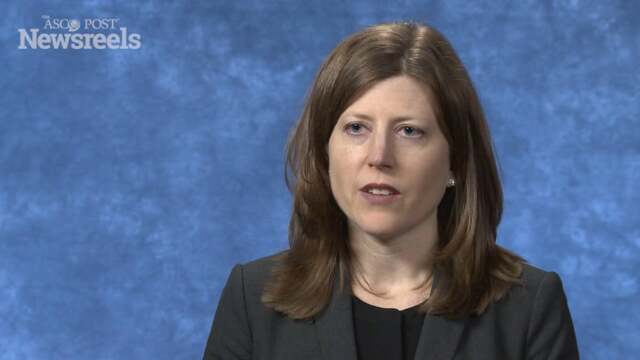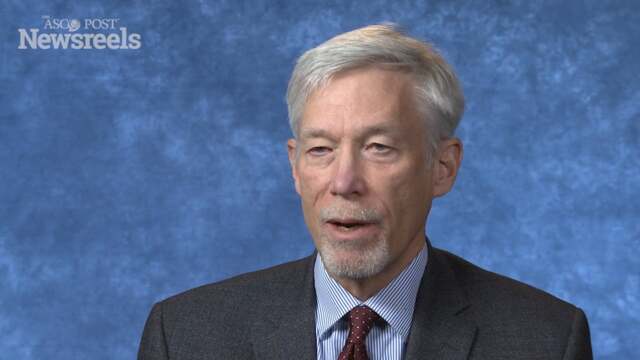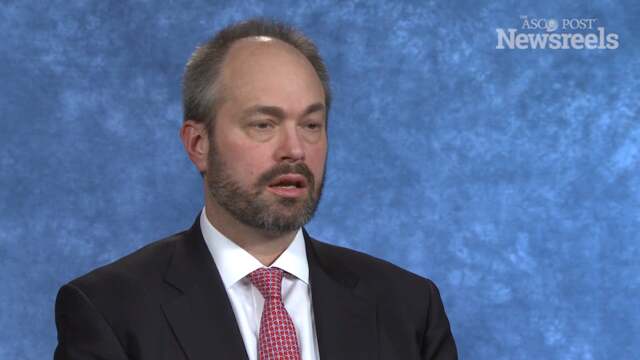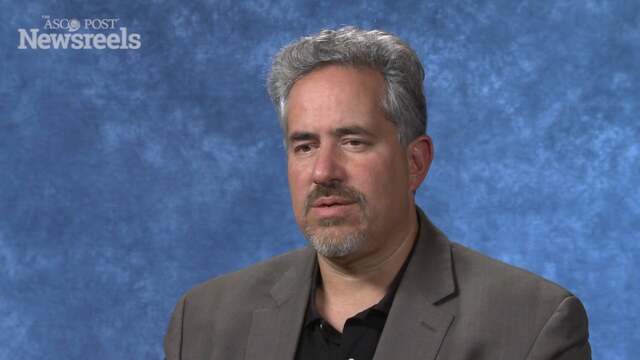2017 NCCN Hematologic Malignancies Congress
Clinical Relevance of Minimal Residual Disease Monitoring Limited in Acute Myeloid Leukemia
Although a majority of major cancer centers may test for minimal residual disease (MRD), a recent survey conducted by researchers at Moffitt Cancer Center, Tampa, Florida, suggests most oncologists r...
New Options for the Management of Hodgkin Lymphoma
With the vast majority of patients cured with primary therapy, classical Hodgkin lymphoma is largely a success story. For the 10% to 20% of patients who either relapse or are refractory to front-line ...
Sequencing Therapy in Chronic Lymphocytic Leukemia
Although the indications to initiate treatment for chronic lymphocytic leukemia (CLL) have not changed, determining the optimal first-line treatment and sequence of therapies once treatment has begun ...
Life After Treatment: Managing Lymphoma Survivors
According to Surveillance, Epidemiology, and End Results (SEER) data, patients with Hodgkin lymphoma and non-Hodgkin lymphoma (NHL) have 5-year survival rates of 86% and 71%, respectively.1 Although t...
Management of Newly Diagnosed Multiple Myeloma in Transplant-Eligible Patients
The treatment paradigm for multiple myeloma has changed dramatically in the past decade with the availability of several efficacious agents in various drug classes. At the National Comprehensive Cance...
Immunotherapeutic Approaches for B-Cell Acute Lymphocytic Leukemia
New therapeutic agents for acute lymphocytic leukemia (ALL) have led to dramatic improvement in remission rates, but questions concerning the proper sequencing and combination of these agents remain. ...
Bruno C. Medeiros, MD, on AML: Targeted Treatment
Bruno C. Medeiros, MD, of Stanford Cancer Institute, discusses emerging novel agents and targeted molecular abnormalities in the management of acute myeloid leukemia.
Jane N. Winter, MD, on Follicular Lymphoma: Treatment Updates
Jane N. Winter, MD, of the Robert H. Lurie Comprehensive Cancer Center of Northwestern University, discusses the use of novel targeted therapies for newly diagnosed and relapsed/refractory follicular ...
Ranjana H. Advani, MD, on Hodgkin Lymphoma: New Management Options
Ranjana H. Advani, MD, of Stanford Cancer Institute, discusses the novel immunomodulatory agents used to manage patients with relapsed or refractory Hodgkin lymphoma.
Sharyn L. Kurtz, PA-C, MPAS, MA, on Managing Lymphoma Survivors
Sharyn L. Kurtz, PA-C, MPAS, MA, of Dana-Farber Cancer Institute, discusses the long-term side effects associated with curative treatments for Hodgkin lymphoma and non-Hodgkin lymphoma and how to deve...
David G. Maloney, MD, PhD, on ALL: New Therapeutic Agents
David G. Maloney, MD, PhD, of the Fred Hutchinson Cancer Research Center, reviews the clinical data and ongoing trials evaluating immunotherapy in the setting of relapsed or refractory acute lymphocyt...
William G. Wierda, MD, PhD, on CLL: How to Sequence Therapy
William G. Wierda, MD, PhD, of The University of Texas MD Anderson Cancer Center, discusses sequencing therapy in patients with relapsed/refractory CLL/SLL based on prior treatment and the presence of...
Ruben A. Mesa, MD, on Myeloproliferative Neoplasms: Managing PV and ET
Ruben A. Mesa, MD, of The University of Texas Health San Antonio Cancer Center, discusses the role of JAK2 inhibitors in treating polycythemia vera and essential thrombocythemia and how to develop ind...
